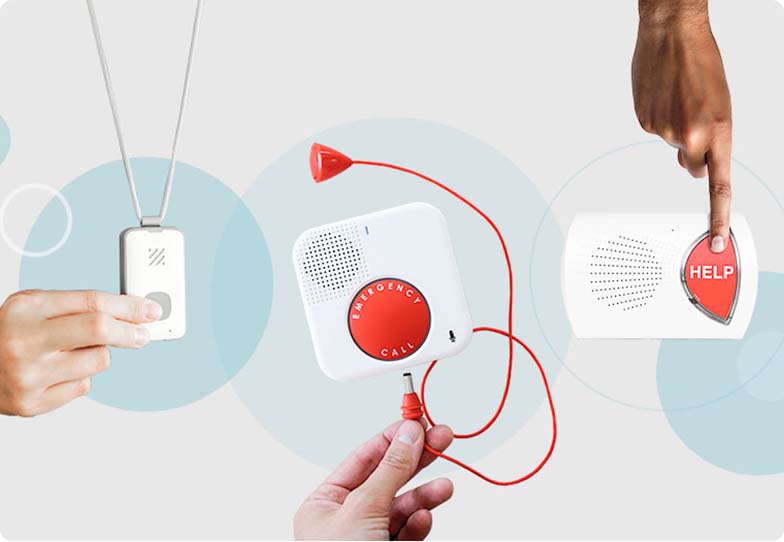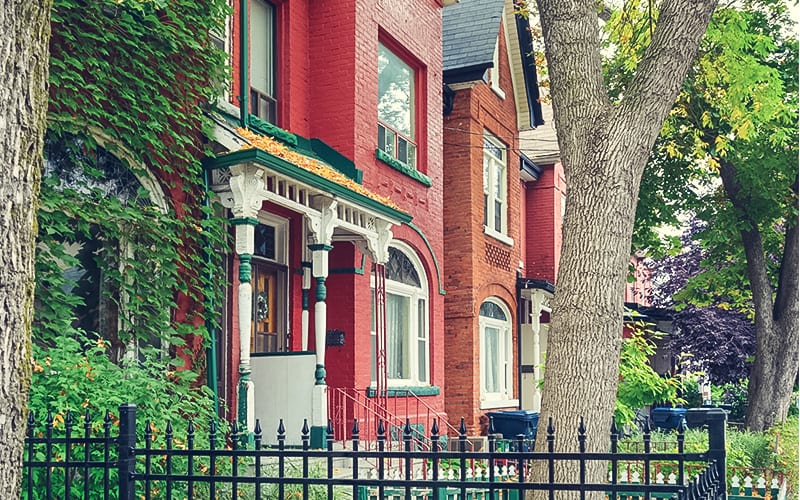Internet safety for seniors is much the same as internet safety for anyone else. They need to be educated about how to handle threats, how to safely use social media, and how to keep their software up to date—especially antivirus programs.
How Can I Keep Grandma and Grandpa Safe Online?
SafeWise experts have years of firsthand experience testing the products we recommend. Learn how we test and review.
By signing up, you agree to our Terms and Conditions and Privacy Policy.
Internet safety for seniors

AI scams are targeting older folks using voice cloning. Read our report to learn how you can protect the ones you love.
Educate seniors about basic online safety
Online safety starts with education. Seniors face the same malware and phishing attacks as everyone else, but they may be more vulnerable simply because they may have less experience navigating technology.
Take time to talk to your grandparents about online safety. Explain that not everything online can be trusted and that they should never give out personal information like credit card numbers to strangers online.
Explain online scams
Online scams can be particularly dangerous to people who aren’t experienced in spotting them. Unfortunately, there are quite a few scams to look out for.
Here are some of the most common online scams:
- Offers of free gifts and prizes
- Offers of discounted prescription medications
- Requests that claim to be from government agencies like the Social Security Administration that ask for personal info
Educate your loved ones about these scams and explain that if there is any doubt, they should ignore the email or message and let someone know about it right away.
Learn more about how to report an online scam.
Helping seniors stay away from coronavirus scams
Online scammers see the coronavirus pandemic as an opportunity to profit from uncertain times. They still use the same bait and switch tactics but make false—sometimes dangerous—promises like cheap toilet paper, medical supplies, and vaccines.
So far this year, the Federal Trade Commission (FTC) has received more than 130,000 complaints about COVID-19 scams—and the scammers have gotten away with over $130 million from vulnerable Americans.
The good news is that these tactics aren’t new, so there’s a lot you can do to help your older relatives spot a coronavirus scam:
- Delete emails claiming to come from “official” sources. Public health organizations don’t use email to spread important news. Instead, you should go straight to the source to get the latest information by visiting their websites directly:
- Official Coronavirus Resource Websites
Centers for Disease Control and Prevention (CDC)
World Health Organization (WHO)
- Never click links in emails from unfamiliar senders. The first place you’ll hear about relief supplies, vaccinations, and coronavirus testing is through public health agencies and announcements in the national and local news.
- Block scam phone calls. Robocalls have been the most successful scams during the pandemic. Look up the FTC's guide to block unwanted calls and help set up blockers on loved ones' mobile or landline phones.
- Be wary on social media. Since March, researchers at the University of California, San Diego, have spotted nearly 2,000 fake posts promising coronavirus tests, cures, and treatments. They've also found financial scams hiding in plain sight on social media. Urge older family members to avoid any COVID-19 news, treatments, or calls for financial support that is posted only on social media platforms.
To learn more about avoiding COVID-19 scams, check out these articles from the Federal Trade Commission, Food and Drug Administration, and Norton.
It's more important than ever to stay safe online now that we're all using tools like video chat and online shopping more often. Here are some easy (and totally free) things you can do to improve your online protection right now.
Check the privacy settings on every app, device, and platform that anyone in your household is using.
Secure personal info. Keep information like your phone number, birthday, or Social Security number private. Never give away that information in an email or share it in an online profile.
Install updates. Software and firmware updates can seem like they're nagging at you, but they're your first line of defense. Updates usually come out to provide security patches for any new threats that are discovered. Make sure the latest updates are installed on all of your devices.
These are just a few things you can do to add some extra protection right now. Find more online security tips in our guide to keeping your computer safe while working from home.
Teach safe social media use
How seniors use the internet is changing. Grandparents are taking to social media in increasing numbers to keep up with friends and family.
While this is great for relieving the social isolation that many experience as they age, it also means they need to be educated on safe social media use.
Here are a few social media safety principles to go over with your grandparents.
- Using proper security settings on sites like Facebook
- Avoiding posting personal information like phone numbers and addresses
- Making sure they know who someone is before accepting friend requests
Set up their computers with antivirus software
Install antivirus software on your grandparents’ computer, and show them how to keep it up to date.
This can help protect against the occasional lapse of judgment that we all experience from time to time and is well worth the investment.
Compare the best internet security products
Amazon.com price as of post date. Offers and availability may vary by location and are subject to change. Read full disclaimer.
*First year only. Regular price $99.48/yr.
**First year only. Regular price $59.99/yr.
Recent Articles




